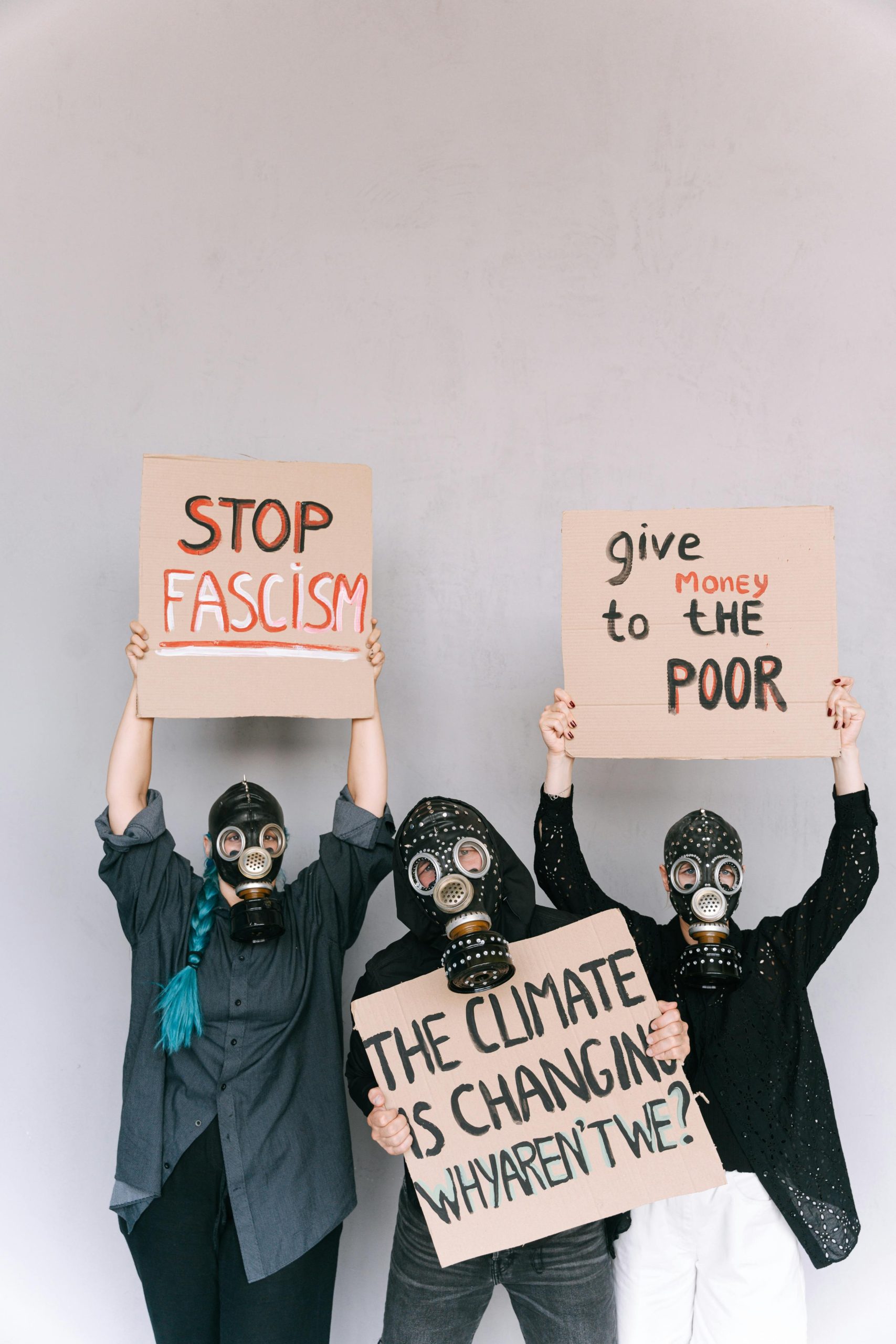Understanding the Consequences of Defying the Global Financial System: A Deep Dive
In the complex landscape of international relations and economic dynamics, a striking pattern emerges upon closer examination: nations that challenge the established global banking order often face severe repercussions. This is not merely a coincidence; rather, it reflects a broader agenda that seeks to maintain control over energy resources, national sovereignty, and even the very way individuals and societies think.
When the media spotlight turns toward a new antagonist, the machinery of the geopolitical status quo springs into action. A closer look reveals a concerted effort by a transnational coalition to undermine any semblance of sovereignty. This is often achieved through a combination of military intervention, economic sanctions, and psychological warfare that manipulate public perception.
Historical context sheds light on this dynamic. Notably, former General Wesley Clark disclosed a strategic Pentagon plan post-9/11 that aimed to destabilize seven nations within five years: Iraq, Syria, Lebanon, Libya, Somalia, Sudan, and Iran. These were not arbitrary selections; they were resource-rich countries whose leaders resisted assimilation into a Western-dominated financial system. Their defiance against entities such as the International Monetary Fund (IMF), the World Bank, and the SWIFT transaction network rendered them targets.
Take Libya as a vivid case study. Under the leadership of Muammar Gaddafi, the nation sought to create a gold-backed currency that would empower energy-rich African countries to engage in trade independent of the U.S. dollar. This ambition posed a direct threat to the existing petrodollar system. The consequences were dire: Gaddafi was ultimately overthrown and killed, while Libya descended into chaos. Similarly, Iraq’s decision to sell oil in euros rather than dollars led to its own downfall, demonstrating how such economic maneuvers can incite global backlash. Iran, too, continues to be targeted for refusing to bend to the whims of Western financial institutions, facing ongoing sanctions and military threats as a result.
While North Korea was not included in Clark’s initial list, it exemplifies the same phenomenon. By rejecting the presence of a central bank aligned with established financial powers and avoiding participation in the global debt economy, North Korea finds itself demonized and increasingly isolated.
Critics may debate the extent of the Rothschild family’s involvement in global banking; however, the salient issue lies in recognizing a global financial apparatus that operates as a cartel. Central banks, international lenders, and other financial entities engage in a closed-loop system where entities like



